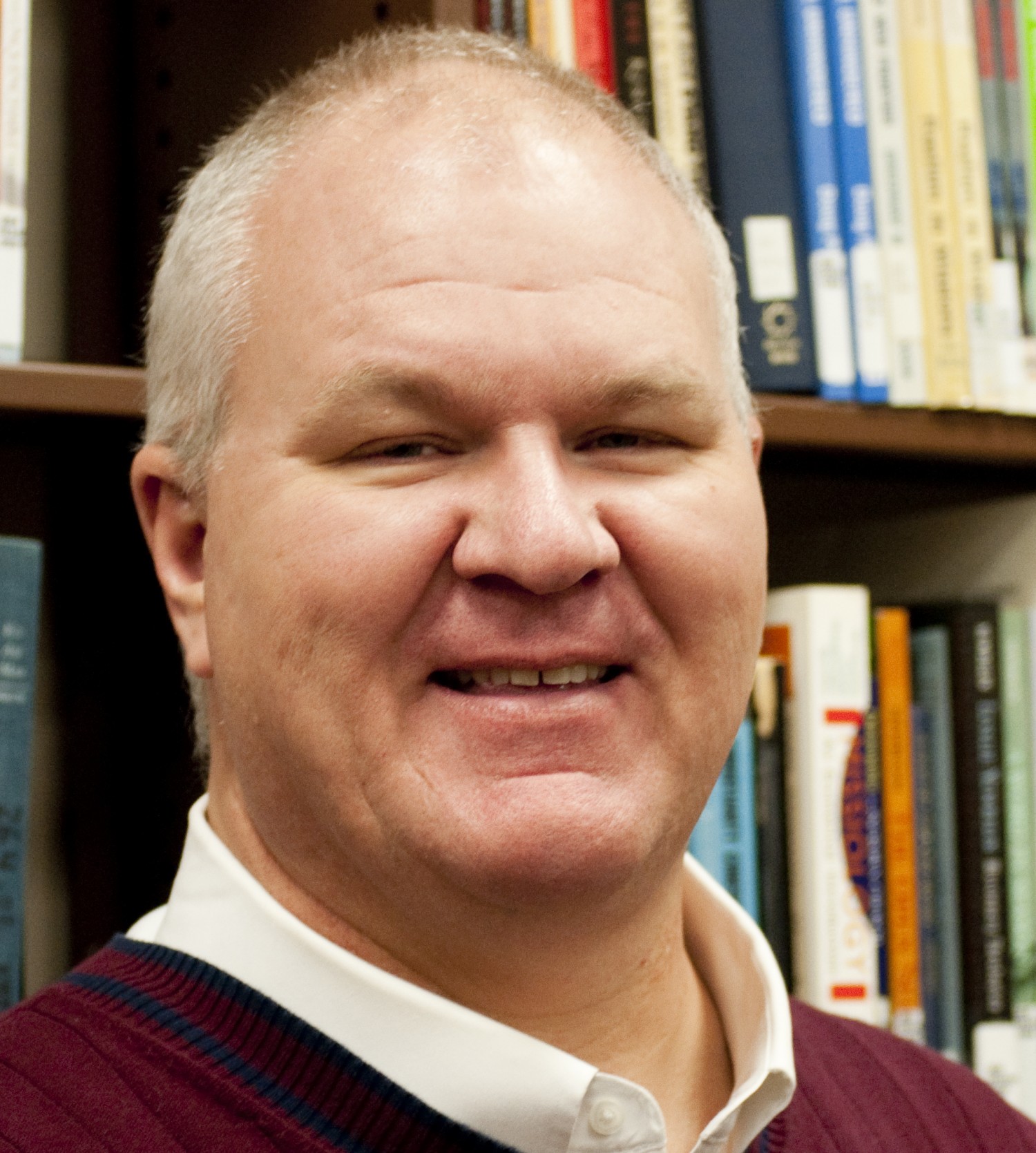Geraghty highlights a piece from Allahpundit:
Obama Did Change Washington . . . for the Worse
Allahpundit makes the case that ultimately, Obama’s inexperience isn’t really the problem with his presidency; his ideology and ruthless willingness to toss out precedent, tradition, previously-established Constitutional limits is:
If Obama had spent four years as governor of Illinois, would he have been a considerably better commander-in-chief? The “inexperience” argument is ultimately one about ineffectiveness — the guy never took the time to learn the ropes, which is why he often seemed not to know what he was doing when he was put in charge. But on the stuff that matters most to conservatives, Obama did “know what he was doing.” He got the stimulus passed and then, with a major, major assist from old pro Nancy Pelosi, he got ObamaCare passed. The parts of Hopenchange that most aggrieve the right were the parts where Obama waseffective; the “ineffectiveness” argument is more natural to the left, which whines endlessly about all the goodies they wanted from Hopenchange — cap and trade! amnesty! a public option! — that haven’t been delivered. “If only he’d spent more time on the Hill building relationships,” they say, “maybe he’d have been able to forge grand bargains.” Could be, but that’s certainly not a lament you will, or should, hear on the right. Also, his lack of executive experience hasn’t stopped him from becoming one of the most aggressive presidents in modern American history when it comes to executive action.
All really good points. But Obama’s lack of experience in Washington did ensure he didn’t feel all that attached to anyone or anything that was there before him.
Remember the contrast between the way Biden negotiates and Obama does? Biden, the longtime Capitol Hill veteran, takes his three top priorities, your top three priorities, a similar number of concessions for each side, a couple of deal-sweeteners and mashes them together into a giant, messy, sometimes contradictory compromise agreement. By comparison, Chuck Todd describes the Obama approach as, “immediately identify the common ground as a means of showing the other person that they were on the same side, and that therefore that person’s prejudices and preconceptions should be abandoned.” Unsurprisingly, that sounds a lot like insufferable lecturing to the other party.
Pre-Obama Washington wasn’t perfect. Pre-Obama Democrats had plenty of flaws. But it was rare to see pre-Obama Democrats, say, boycott an address from the Israeli prime minister. They didn’t attempt to withhold FEMA funds from governors that didn’t toe the line on the administration’s climate-change rhetoric. They didn’t endorse a secret deal with Iran with no congressional approval or public review. They didn’t put up barricades around open-air monuments during government shutdowns.
Obama’s brought a lot of personal pique and pettiness to Washington politics. Sure, we may roll our eyes at the excessive formalities and phony manners of Capitol Hill — “my good friend, the distinguished gentleman” — but it beats “I won” as a nose-thumbing debate-settler, or calling your opponents “tea-baggers.”
Obama-era Washington is a nasty pit of vipers, as an administration that’s gotten thoroughly clobbered at the ballot box in congressional elections attempts to wall off Congress from any significant role in American governance at home and abroad. You may or may not need experience in Washington to appreciate the Constitution, checks and balances, and the rule of law. That’s what the next Republican president needs to restore, whether he’s a longtime veteran of Washington or an absolute newcomer.
